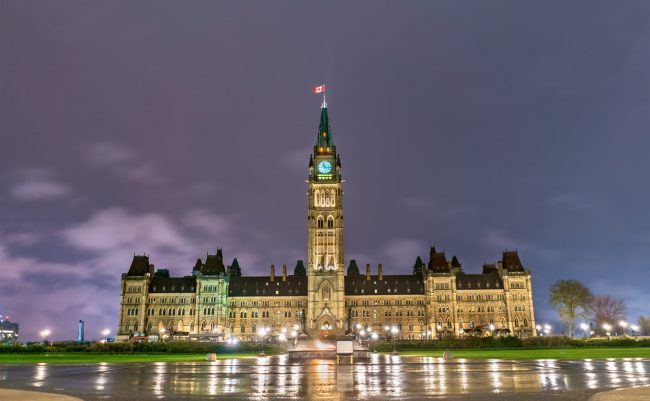Federalism: Boon or Bane for Childcare? A Look at the Global North and Global South
Author: Angelina Romanchik – Childcare is emerging as a key area of policy interest for many governments across the globe, particularly in the wake of the pressures that the COVID-19 pandemic instigated on the family unit. Childcare is a distinct policy field, but one that also cuts across other significant areas of governmental responsibility: health, education, and social welfare. Federal systems of government, by virtue of the fact that approximately forty percent of the world’s population live in federations, play a significant role in the provision and efficacy of childcare globally. Both the development and implementation of childcare policy requires a successful collaborative effort between all levels of government. Often, multilevel governance can hinder the effective actualization of these policies, and this reality can be observed in global north countries such as Canada, Germany and Switzerland. Global south countries like Brazil, India, and South Africa also see similar issues between government systems and the realization of social policy. The trends observed amongst the aforementioned federations in the global north and global south highlight intersecting similarities and challenges which have implications for childcare policy development and service delivery. Exploring and understanding the relationship between governance and childcare policy in federations provides an opportunity to re-evaluate how child welfare and development is approached in federal and federal-type systems. In late 2021, the Forum conducted an international comparative research project on this very topic. Increased knowledge of policy and practice in federations can support identification of dynamics that impact childcare provision and quality, and thus pave the way for improvements in childcare delivery by federal and subnational governments in both the global north and global south.






